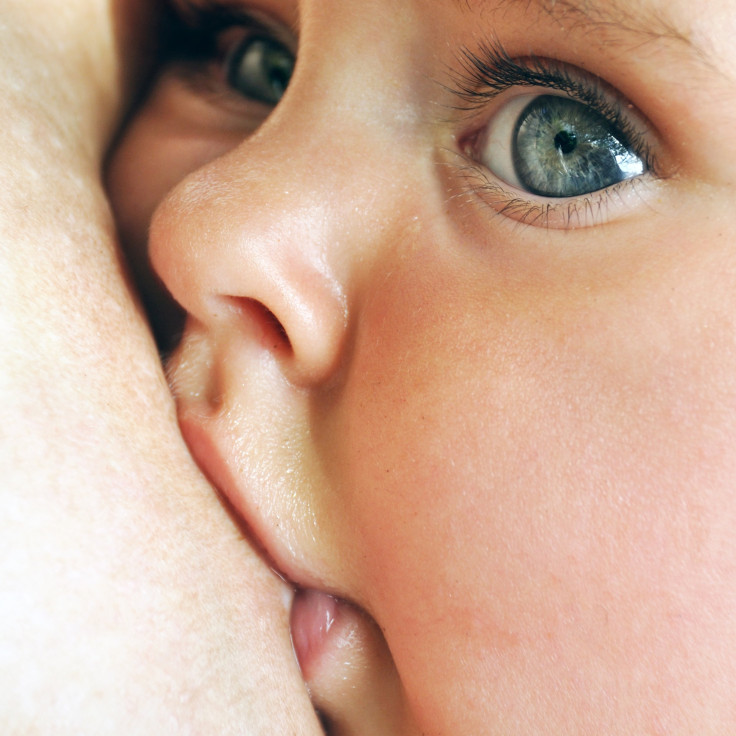Breast Milk Stimulants: Though They Boost Milk Production, They Could Cause Heart Problems For Mothers

Research has consistently shown that breastfeeding is beneficial for both baby and mother. Not only does it provide the infant with essential nutrients, but it is a form of emotional bond between mother and child as well — and can help mothers recover from childbirth far more quickly due to the release of the hormone oxytocin.
The only issue is that sometimes, a mother doesn’t have enough breast milk for the child and must take a daily stimulant, known as a galactagogue, to boost milk production. One such galactagogue is domperidone, which can boost production of breast milk. Though previous research has shown that domperidone doesn’t appear to have any risks for babies who consume it, a new study published in the Journal of Human Lactation has found that the breast milk stimulant can pose danger to the mothers and cause heart problems.
Past studies have surmised that domperidone was linked to irregular heartbeat and sudden cardiac death, but researchers wanted to find out how true those associations were. To do so, they analyzed various studies that had already existed on the stimulant’s effects on mothers and infants, as well as studies that examined domperidone use in gastrointestinal disorder treatment. What they found initially wasn’t too concerning: there were no adverse effects among the 85 infants and 60 treated mothers. And as expected, breast milk production increased after 3 daily doses of 10-20 mg of the stimulant. But the researchers also discovered that women who took over 30 mg per day of the stimulant had an increased chance of sudden cardiac death — which spelled out a big warning for women who have heart problems or are vulnerable to heart disease.
“In these circumstances, an improvement of breastfeeding practices seems to be more effective and safer than the use of an off-label domperidone treatment,” the authors wrote.
Galactagogues can be a synthetic or plant-derived substance that helps boost production of breast milk in both humans and animals. Domperidone as well as metoclopramide are both synthetic galactagogues; they trigger the dopamine system to produce more prolactin, which in turn cause mothers to produce more breast milk.
Authors of a 2010 study on the effects of breast milk stimulants suggest “to use galactagogues only when reduced milk production from treatable causes have been excluded and educational plans failed,” they noted in their conclusion. “Pharmacotherapy should only be recommended for mothers who desire to breast-feed but are unable to maintain an appropriate lactation.” They note that domperidone is the “drug of first choice” due to its proven efficacy and lack of side effects in infants, as well as “rare side effects in mothers.”
But the new study suggests that women should be more cautious when thinking about taking breast milk stimulants; if you’re looking to boost your breast milk production, talk to your doctor first about the risks and benefits of galactagogues.



























